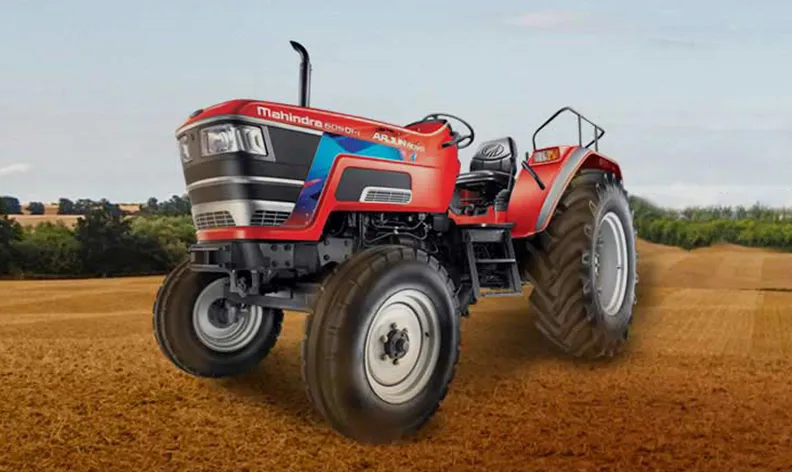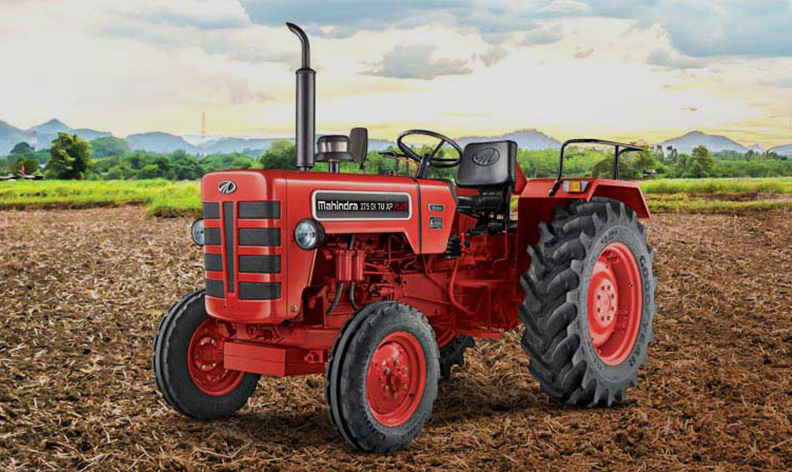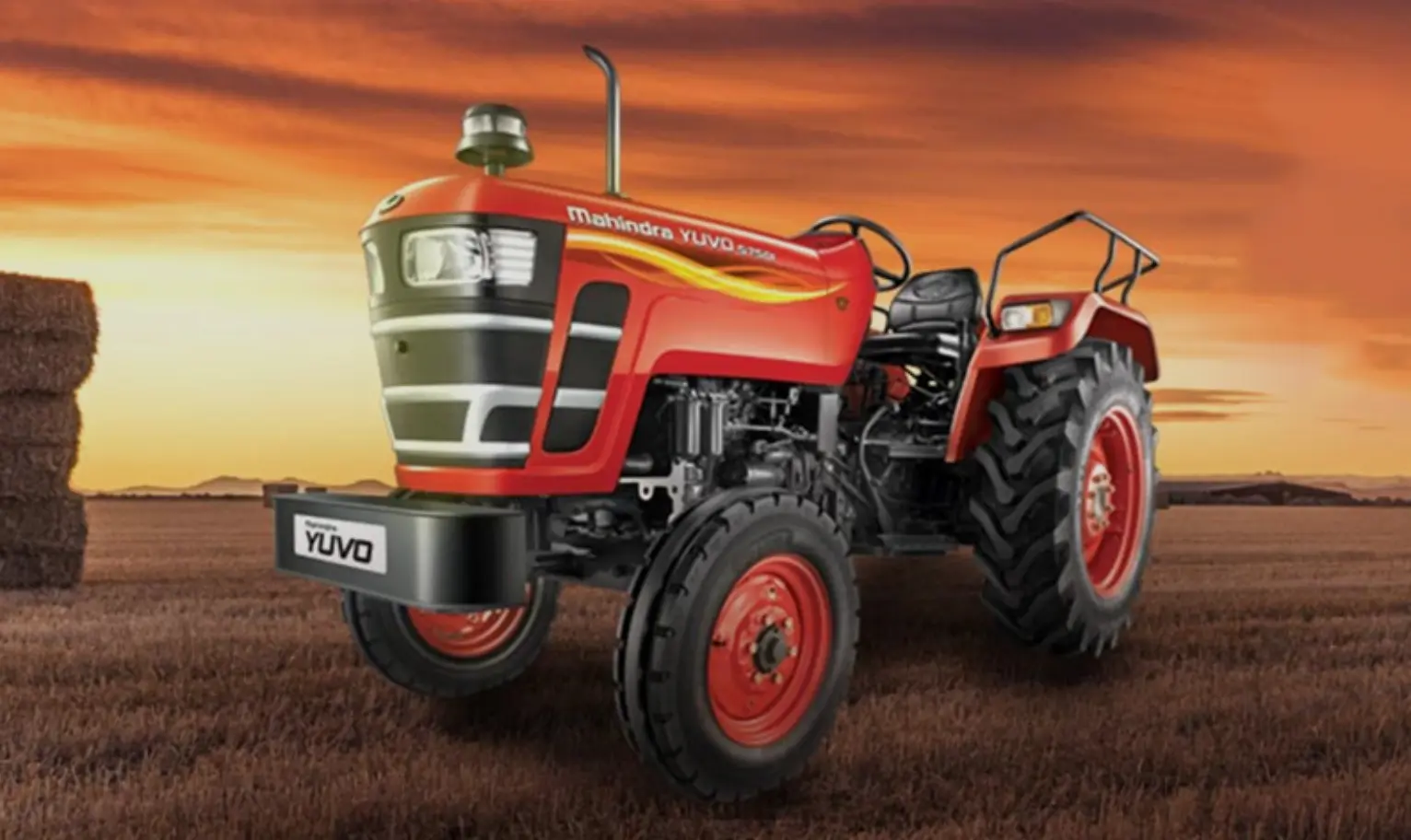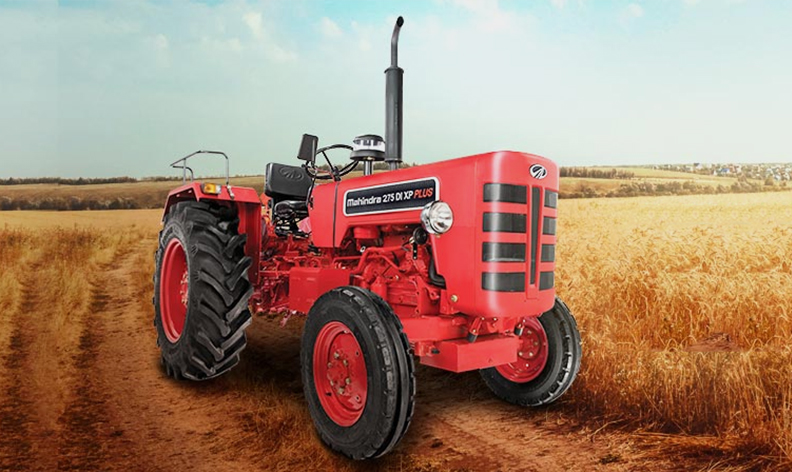Tips to choose the right tractor for your farm

Introduction:
Investing in a tractor is a significant decision for any farmer. Tractors are incredible machines that enhance productivity, streamline tasks, and ultimately contribute to the success of your farming operation. With so many options available, here are some key tips to help you choose the right tractor for your needs.
Tip 1: Assess your farming needs
Before you start shopping, consider what tasks you need the tractor for. Will you be using it for ploughing, planting, hauling, or mowing? Understanding the specific functions will help narrow down your choices. Few key questions to ask yourself are:
- What is the size of your farm?
- What types of crops are you growing?
- What are the primary tasks you need the tractor to perform?
Tip 2: Fix your budget
Tractors come in a wide range of prices. Establishing a budget upfront will help you focus on options that meet your financial needs. You need to have a defined budget to guide you to get what you are looking for in a tractor. You can consider the following points while deciding your budget:
- Don’t forget to account for additional costs like insurance, maintenance, and attachments.
- Consider financing options if upfront costs are a concern.
Tip 3: Determine the right horsepower (HP)
The choice of horsepower of a tractor is a crucial decision that is dependent on the size of your farm as well as the variety of tasks to be done. More HP generally means more power, but you need to match it to your specific needs. At present, there are 2 types of ratings used by the manufacturers to measure the power of the tractor engine horsepower and PTO horsepower.
General Guidelines for defining HP:
- For small farms (1-10 acres): 20-30 HP is usually sufficient for light tasks.
- For medium farms (10-50 acres): Look for 30-70 HP to handle a variety of jobs.
- For large farms (50+ acres): Consider 70 HP and above for heavy-duty work.
Tip 4: Think of lifting capacity
When choosing to buy a tractor, be careful with the lifting capacity. Tractors are available with different lifting capacities such as arm lift capacity, static lift capacity, full height lift capacity among other types. Additionally, each tractor comes with different hydraulic flows and pressures. Therefore, it becomes extremely important and is advisable that you buy a loader and tractor from the same manufacturer for compatibility.
Tip 5: Think of size and manoeuvrability
The size of the tractor should fit your farm’s layout. If you have narrow rows or tight spaces, a compact tractor might be more suitable.
- Compact Tractors: Ideal for small farms with limited space.
- Standard Tractors: Good for open fields and larger tasks.
- Utility Tractors: Versatile and can handle various attachments for different tasks.
Tip 6: Evaluate attachments and implements
Tractors are often used with various attachments, such as ploughs, loaders, and mowers. Ensure that the tractor you choose is compatible with the implements you need.
Tip 7: Think about fuel efficiency
Fuel costs can significantly impact your operating budget. Look for tractors known for their fuel efficiency, especially if you’ll be using it for long hours. Check the manufacturer’s specifications for fuel consumption. Consider a tractor with a diesel engine, as they tend to be more fuel-efficient than gasoline engines.
Tip 8: Assess comfort and ease of use
Operating a tractor can be demanding, so comfort is essential. Look for features that enhance operator comfort and ease of use. Few common things on which you can focus are:
- Sufficient space between pedals and fenders
- Proper design of the operator’s platform
- Seat adjustability and steering wheel
- Accessibility of controls from a normal range of reach
- Fine condition of handholds
- Visibility of panel lights
Tip 9: Review maintenance requirements
Regular maintenance is crucial for longevity and performance. Choose a tractor that is easy to maintain and has readily available parts. Check the availability of service centres in your area. Look for models with straightforward maintenance schedules.
Tip 10: Research brands and models
Research on various brands and models. Reading reviews, talking to other farmers, and visiting dealerships can provide valuable insights. Look for brands with a good reputation for reliability and service. Check for warranties and customer support options.
Tip 11: Calculate the resale value
The tractor that you buy should be easy to sell even after many years of use. You would not want to buy a tractor that you cannot dispose of easily whenever you decide to. As such, it is recommended that you buy your tractor from a manufacturer that holds a top spot in the market. This will not only ensure that you get good service but also a better resale value.
Tip 12: Take a test drive
Finally, don’t underestimate the importance of a test drive. This will give you a feel for the tractor’s handling, comfort, and overall suitability for your needs. During the Test Drive:
- Pay attention to visibility and manoeuvrability.
- Test various controls and features.
- Evaluate noise levels and comfort during operation.
Conclusion:
Choosing the right tractor for your farm is a decision that requires careful consideration of your unique needs, budget, and preferences. By following these tips, you’ll be better equipped to make an informed choice that will enhance your farming efficiency and productivity for years to come. Happy farming!











